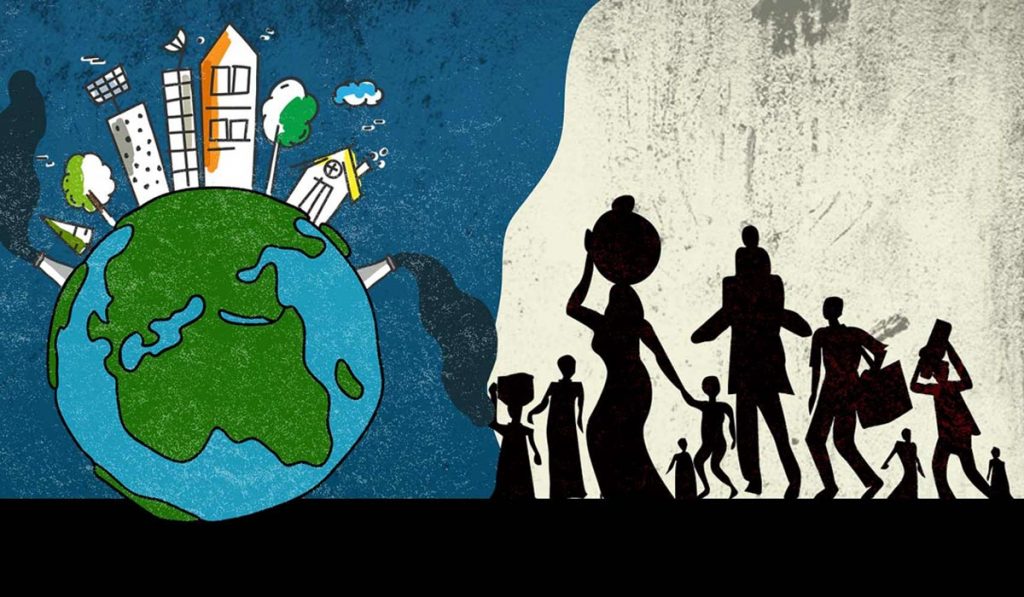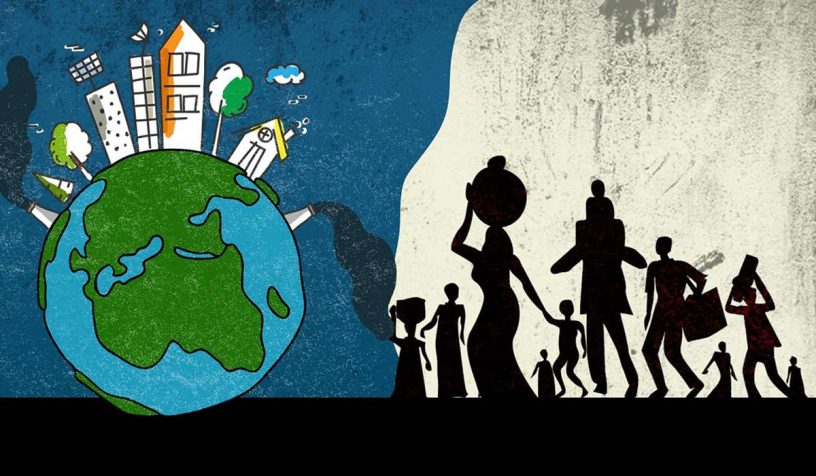
How migrating individuals are integrated into communities will determine whether or not cultural elements survive.
Authors
Armin Rosencranz, Professor & Dean, Jindal School of Environment and Sustainability, O.P. Jindal Global University, Sonipat, Haryana, India.
Tharun Vuyyuru, Student at O.P. Jindal Global University, Sonipat, Haryana, India.
Summary
The potential effect of climate change on the world’s cultural and natural legacy is worrisome. In 1972, UNESCO member states adopted the Convention for the Protection of the World Cultural and Natural Legacy to ensure that our common heritage is maintained. Earlier, the international community had been ignorant of the underlying danger that climate change posed to world heritage sites and the culture that comes with those sites.
A United Nations convention in 2003 called for the safeguarding of intangible cultural heritage. The recognition that the world’s tangible and intangible cultural heritage are interdependent, and the awareness that we must take an interconnected approach to environmental protection and sustainable development, emerged around this time.
Preserving Both Tangible and Intangible Culture
Climate adaptation has several ramifications. Human beings move and relocate, they adjust to crises such as food shortages, and they find substitutes for previously unavailable goods and resources. While climate displacement has been recognised as a problem since the 1951 Refugee Convention, cultural heritage had not been studied in relation to its impact on climate change until the 21st century. Cultural heritage has received some attention in climate relocation studies, but little attention has been paid to the cultural heritage of displaced people. The IPCC (Intergovernmental Panel on Climate Change), which analyses key scientific and socio-economic data for interpreting climate change, recognises migration as one of the severe climate change impacts.
Published in: The Quint
To read the full article, please click here


